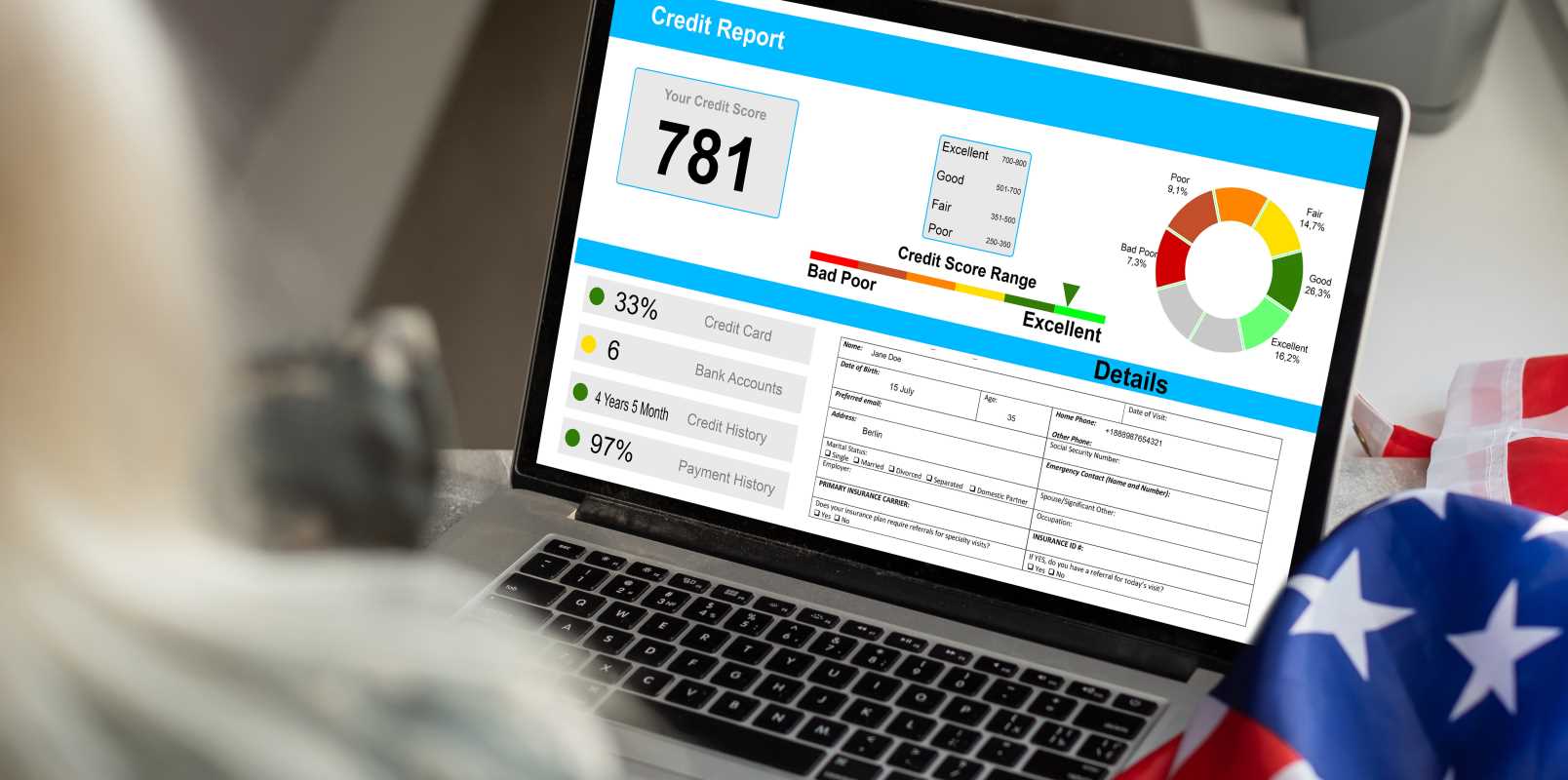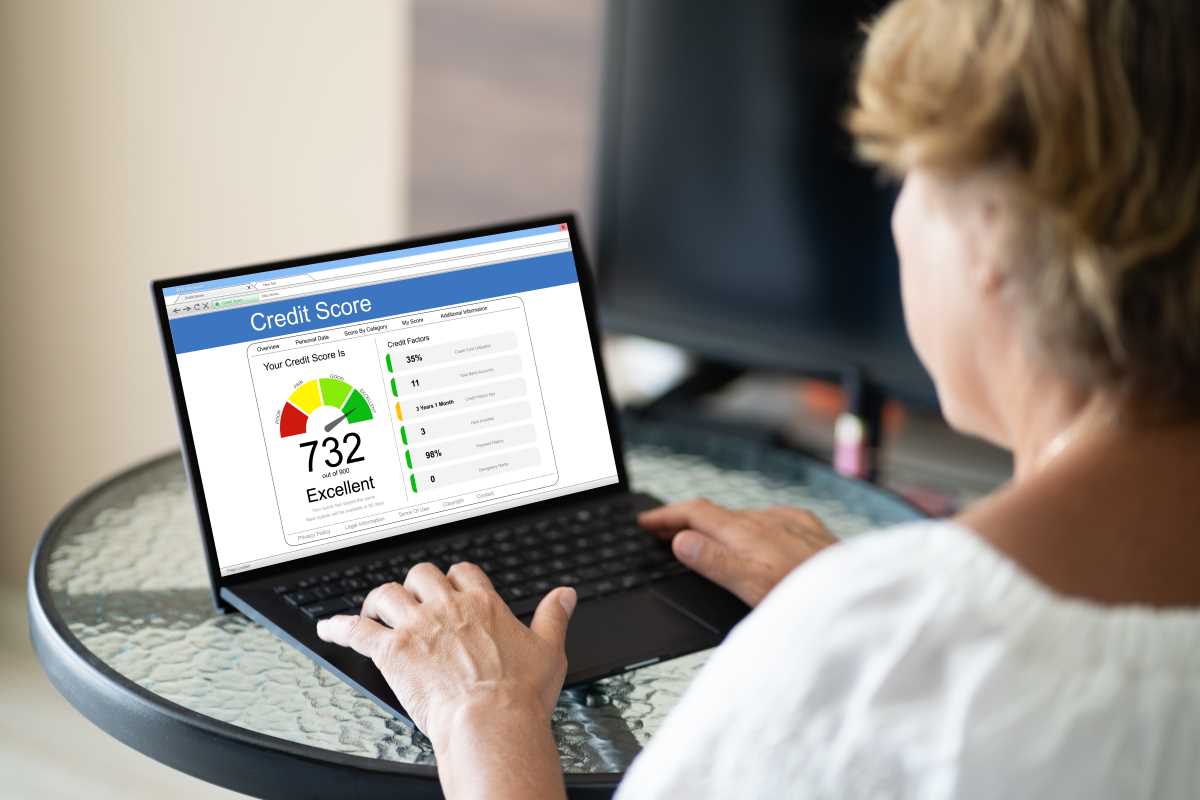Self-employed professionals often face unique hurdles when working to boost their credit scores, since fluctuating income and irregular documentation can make lenders hesitant. Finding ways to strengthen your credit profile while handling the unpredictable nature of independent work can feel overwhelming, but the process becomes more manageable with the right approach. This guide provides practical advice that addresses these specific challenges, offering step-by-step instructions for building a solid credit history. By following these recommendations, you can take control of your financial reputation and create a stronger foundation for your business and personal goals.
You work hard to keep your business afloat and want to reflect that dedication in your credit score. By understanding the core elements of credit scoring and adopting smart, actionable habits, you can gradually build a strong financial record that supports your business and personal goals.
Understanding Credit Scores and Self-Employment Challenges
Credit scores show how dependable you are with borrowed money and influence not only loan approvals but also interest rates and credit limits. Self-employed professionals often encounter difficulties proving income consistency, which can influence how creditors evaluate your creditworthiness. Recognizing these challenges early helps you find ways to overcome them.
Many self-employed individuals experience income fluctuations and unexpected expenses that may delay regular payments or complicate credit history. Limited use of traditional credit lines means that even small mistakes can significantly impact your overall credit rating. By understanding these nuances, you can make more deliberate financial decisions.
Building a Strong Credit History
Your journey to a better credit score starts with consistent habits. Paying your bills on time, reducing outstanding amounts, and regularly reviewing your credit report can help you spot and fix issues promptly. A solid credit history shows your reliability and increases lender confidence.
Focus on establishing routines that promote accountability and financial discipline. Below are some practical points to guide your actions:
- Make payments on time to avoid late fees that could hurt your score.
- Keep your outstanding balances low by paying down debt whenever possible.
- Review your credit report at least once a year to detect any errors or inconsistencies.
- Avoid opening too many new accounts at once to prevent unnecessary inquiries on your report.
Smart Debt Management Strategies
Managing debt effectively plays a significant role in improving your credit score. Start by understanding your individual debt load and then tackle each item with a clear plan. Assess all debts systematically and decide which ones need immediate attention versus those with lower interest rates or smaller balances.
Prioritize paying down high-interest obligations first while maintaining regular payments on other accounts. Keep track of deadlines and set reminders to ensure you never miss a payment, even during busy periods in your business life. Simple tools like spreadsheets or financial apps can help monitor your progress and prevent mishaps.
Documenting Income and Financial Stability
Proving income consistency can be challenging when your earnings fluctuate monthly. Set up a record-keeping system that captures all sources of revenue and organizes them clearly. Doing so not only helps in disputes but also reassures creditors and lenders when you apply for new credit.
Follow these steps to ensure your income documentation withstands scrutiny:
- Maintain detailed records such as bank statements, invoices, and receipts that document your earnings.
- Create a yearly summary report that highlights your income trends and key milestones for your business.
- Open a separate business account to clearly distinguish personal expenses from business transactions.
- Consult with an accountant or financial adviser periodically to validate your records and keep them current.
Using Business Accounts and Credit Cards
Using separate business accounts helps you manage your finances more efficiently, making it easier to track transactions and show financial responsibility. A dedicated business bank account often offers features that assist in budgeting and organizing your cash flow.
Business credit cards, when used responsibly, provide an additional way to build a positive credit history. They demonstrate that you can manage credit responsibly and make clear distinctions between business expenses and personal costs. Choosing cards with reasonable fees and clear benefits can support your financial management efforts without adding unnecessary strain.
Integrating Multiple Income Streams for Credit Growth
Having multiple income sources can show lenders that you have various ways to earn money, which might improve your overall credit profile. Earning from different sources reduces the impact of a slowdown in one area. For example, besides your main freelance work, you could consider part-time contracts or passive income options.
When you combine income streams, clearly documenting each one becomes essential.
This plan offers a practical approach for self-employed professionals aiming to improve their credit standing. Every tip provides clear steps you can take, whether it involves detailed record-keeping or smarter debt management.
Separate your business and personal finances and maintain careful records to steadily improve your credit score. This consistent approach can lead to better lending terms and new opportunities.
 (Image via
(Image via





